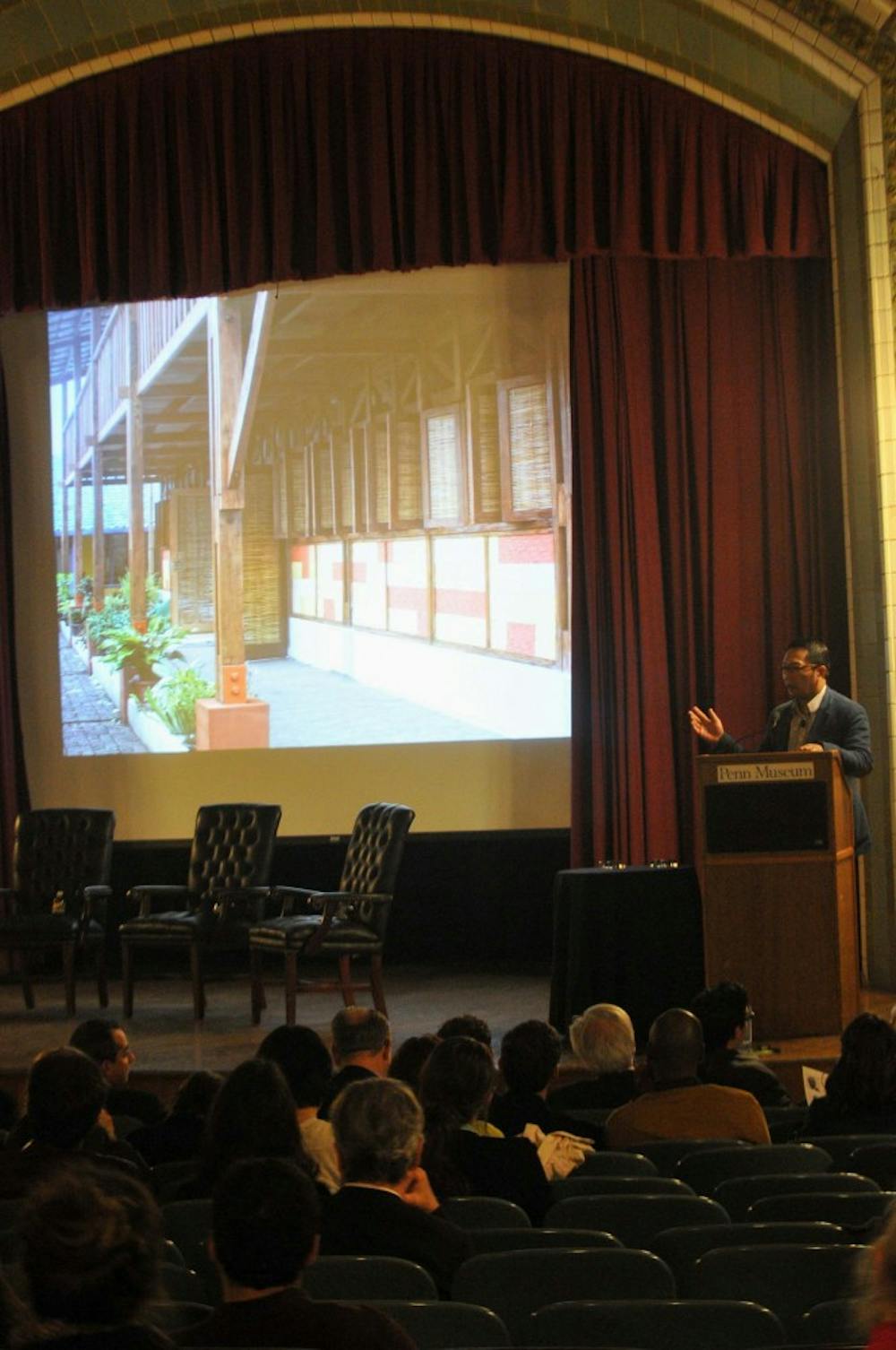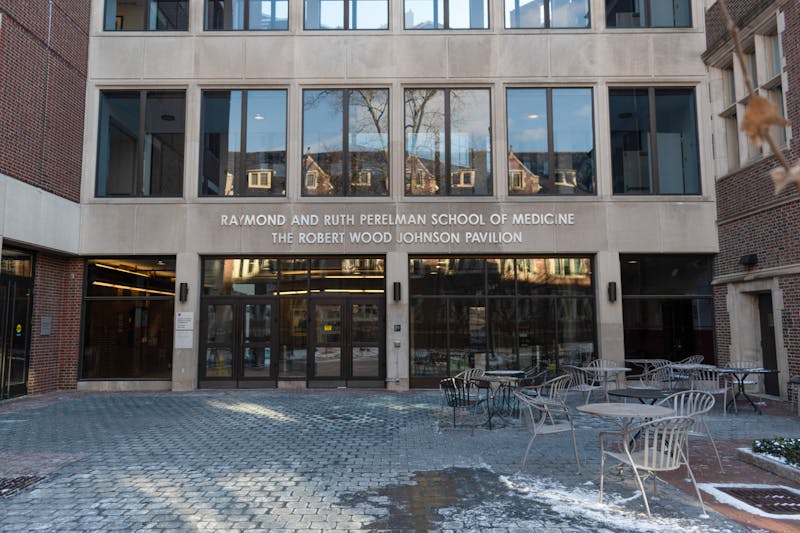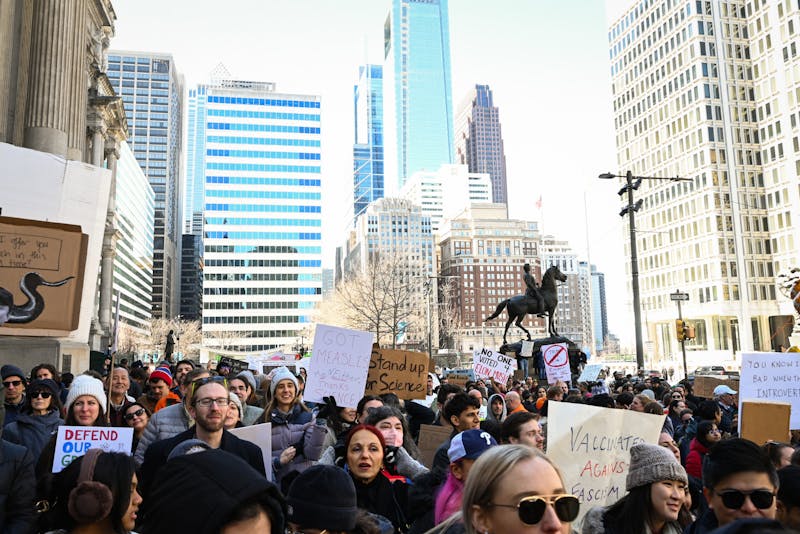
Last night at Harrison Auditorium in the University of Pennsylvania Museum of Archaeology and Anthropology, representatives of cities around the world convened to discuss an issue relevant to many — urban planning.
This forum, titled “Food Systems in the 21st Century City,” was the opening event of a larger three-day conference, “Feeding Cities: Food Security in a Rapidly Urbanizing World.”
The conference is organized by the Penn Institute for Urban Research in collaboration with the School of Arts and Sciences and the Wharton School, among other University schools, reflecting the diverse challenges of this issue and Penn’s emphasis on interdisciplinary approaches to problem-solving.
Before the conference, the Lawrence Nussdorf professor of urban research at the School of Design and co-director of Penn IUR, Eugenie Birch,, voiced her hopes for this event.
“The intersection of urbanization and food security raises a series of complex and pressing issues that no one discipline can solve alone,” she said in an email. “We hope that participants will come away with a sense of the magnitude of the work that needs to be done, as well as with new ideas for tackling this critical issue in the future.”
With these objectives, three leading contributors to sustainable urbanization were given awards as well as a chance to speak to the audience.
Joan Clos, executive director of the United Nations Human Settlements Programme, Yael Lehmann, executive director of The Food Trust, a nonprofit organization in Philadelphia striving to make healthy food more accessible and Ridwan Kamil, founder of Urbane Indonesia, an urban design firm in that country, shared their experiences and creative solutions to challenges involving urbanization.
Kamil, a professional architect, described how his idea to plant urban gardens in Bandung, Indonesia, started two years ago. “I had an empty plot of land from one of my clients, and so I tweeted, ‘Hey, I have some space from my clients, why don’t we get together to see if we can do something?’”
The community responded, and, with Kamil, planted their first garden in an urban space. Many other similar gardens have spawned across Indonesia as a result of their undertaking.
Sharing that passion for cultivating healthy urban spaces, but in a city across the world, Lehmann recounted how her San Francisco upbringing shaped her desire to contribute to cities.
“I lived through the AIDS crisis in San Francisco and people didn’t have many resources on solutions to this issue. But people came together and served each other,” she said.
Lehmann then compared that experience to her current role in the Food Trust. “When we noticed that most grocery stores in Philadelphia do not contain healthy food, we rallied the community to come together and solve this problem,” she added.
From ideas such as Kamil’s and Lehmann’s, the diverse crowd — including students, faculty from other universities and the general public — gained new insights into building sustainable cities. A few urban planners in attendance, working in countries such as the Philippines, even asked the speakers for suggestions on how to solve challenges they were facing.
Toward the end, Clos offered his insights on the value and endurance of good urban planning. “In 1683, the founders of Philadelphia drew the lines that would designate the streets of the city. That was before electricity or elevators, but we still walk in the lines they drew today.”
The Daily Pennsylvanian is an independent, student-run newspaper. Please consider making a donation to support the coverage that shapes the University. Your generosity ensures a future of strong journalism at Penn.
DonatePlease note All comments are eligible for publication in The Daily Pennsylvanian.







